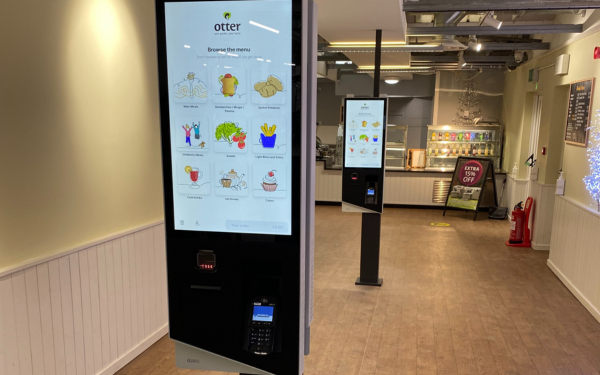For many people, no shopping experience is more leisurely and relaxing than popping down to their favourite garden centre on a sunny afternoon to potter around the potted plants, size up the shrubbery, and perhaps take the weight off with a nice cuppa in the on-site cafe.
Yet beneath this quintessentially traditional veneer, it might surprise some to learn that garden retail is a hotbed of innovation. For one, in a wider retail environment that continues to struggle against a tide of unprecedented challenges, garden retail is a shining beacon of success. The UK garden product market grew by 3.1% in 2023, with sales totalling £8.5bn. Despite ecommerce having a sizeable role to play, the majority of that revenue still comes through the tills of the country’s 2000+ garden centres.
There are lessons the rest of the retail world can learn from the resilience of the garden & outdoors sector. Chief among them is the way that garden centres have been able to position themselves as ‘more than just shops’. A trip to a garden centre can be a purely transactional visit to top up on seeds, potting compost and a new pair of pruning sheers. But it can also be more of a ‘day out’ – or at least a pleasurable diversion for a couple of hours, without any steadfast intentions to actually buy anything.
The reason for this is that garden centres have quietly been able to reinvent themselves as multi-purpose venues. It isn’t a huge leap from selling plants and gardening equipment to organising everything into attractive semi-formal gardens, nurseries and hot-houses that customers can stroll around at their leisure. Throw in a cafe or a restaurant, and you have a way of capturing revenue even from the casual browsers who don’t make any purchases in the store. Lots of garden centres have food and drink concessions that are such good quality and earn such a strong reputation that they become the chief reason many people visit.
Speaking of concessions, another strategy that has brought huge success to lots of garden centres is forging partnerships with other retail brands to sell adjacent products and services. From outdoor furniture and clothing ranges to landscaping and tree surgery services, many garden centres now resemble mini hubs with two, three, four or more businesses trading from the same site, increasing choice for customers and boosting footfall for all.
Diversifying POS
Our experience working with garden centre operators is that they are also very receptive to introducing new technologies to support the different experiences they want to create. When offering multiple retail and hospitality services on the same site, perhaps with concessions across more than one business entity, you at the very least need an agile modern POS set up that can provide a seamless level of service to customers, but deal with the complexity of multiple inventories and financial accounts behind the scenes.
Another example we’re seeing more and more of is garden retailers adopting kiosks to provide self-service options for their customers, especially in cafes and restaurants. For example, through our partners Open Retail Solutions, we recently supplied a first set of kiosks to the Otter Garden Centre in Ottery St Mary, Devon. The company was looking for a convenient way to increase efficiency and throughput at its on-site cafe, which only had one staffed checkout. As space was a limiting factor, self-service kiosks made perfect sense.
Two double-sided AURES KOMET DUO kiosks were installed to provide four self-service ordering and payment points. Suddenly, a single checkout had become five, and off-putting queues with long waits were eliminated.
AURES UK will be at Glee, the garden retail industry expo, at the Birmingham NEC from September 10th to 12th. If you’d like to talk more about all things POS in the gardening and outdoor sector, look us up there or get in touch beforehand!




